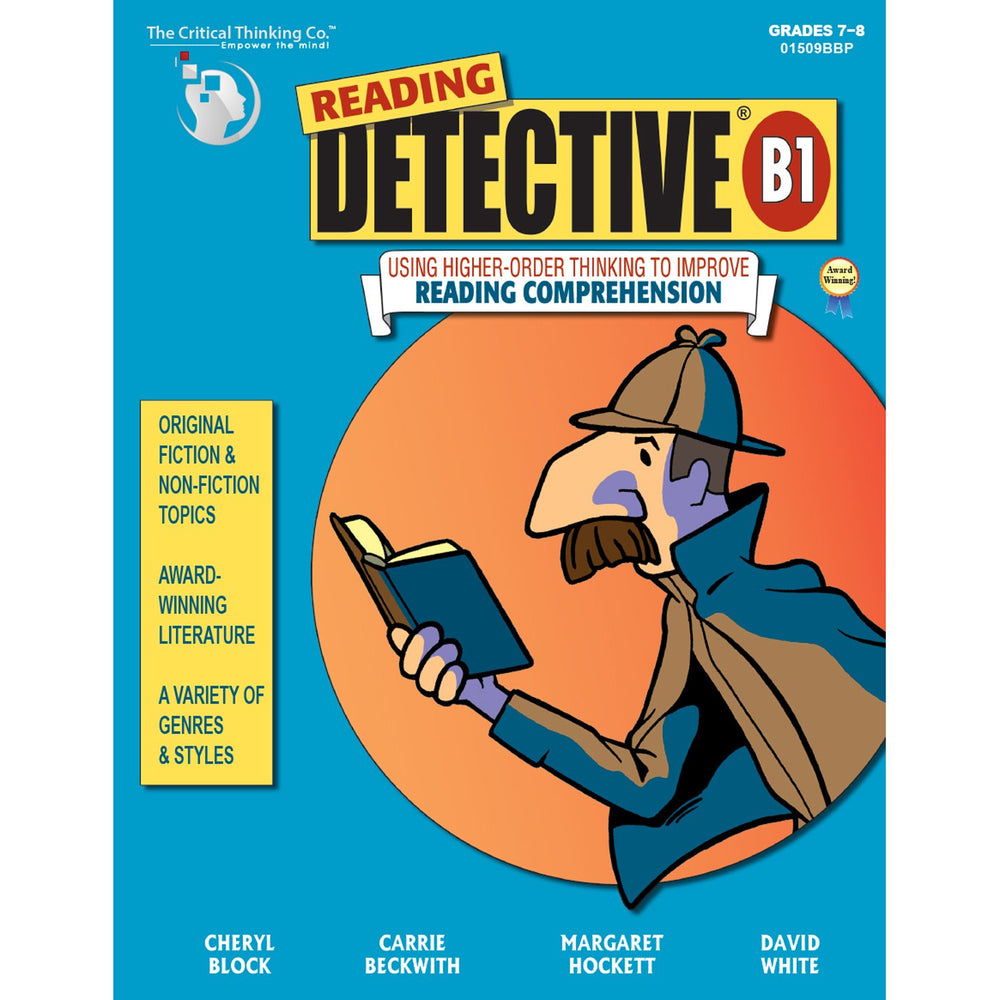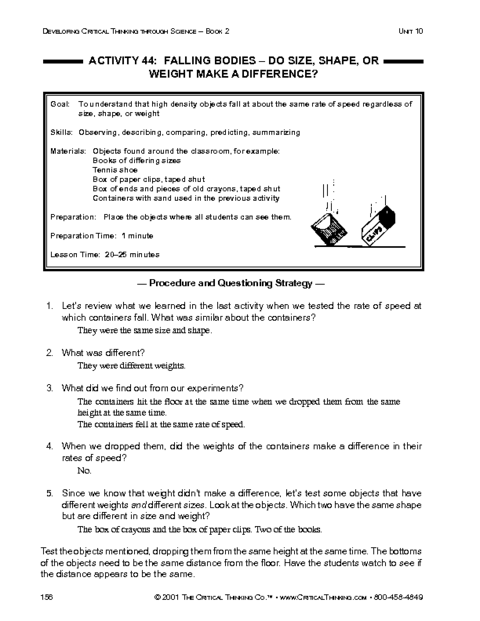
The rhetoric of "critical thinking skills" allows educators to make intelligent-sounding noises while wandering in a circle. Nevertheless, appearances can be deceiving. In other words, he is interested in objective truth.

The reasoner is not at all interested in whatever would work "for him" he is interested in answers that would be true even if he had never been born. Instead of teaching skepticism - the belief that there are no unchanging answers - this approach teaches that we are looking for validly derived answers. We are not allowed to tinker with the truth. Logical analysis presupposes that there is such a thing as absolute unchanging truth, and that this truth has authority over us. He examines, probes, questions, and so forth, before he settles upon "whatever works for him." The one with the questions has all the authority - a totally subjective authority. Those who seek to inculcate "critical thinking skills" give all authority to the questioner. The Difference Between Critical Thinking and Logic This questioner has been trained to recognize such problems, correct them, and arrive at the right answer.


It teaches skepticism as a religious absolute.Ī logical answer to the bumper sticker (for those of us to talk back to bumper stickers) would be, "Says who?" The person trained in logic questions the bumper sticker because he sees a logical problem with the position presented on the bumper sticker. In short, it doubts everything except the reliability of its own doubting. It thinks critically about the proposed answer because it doubts that there are any answers. Have you ever seen the bumper sticker that reads, "Question Authority"? This bumper sticker provides an example of what modern educators call "critical thinking." The "critical thinking" mentality questions, differs, probes, and disagrees, without any fixed authority or frame of reference.


 0 kommentar(er)
0 kommentar(er)
